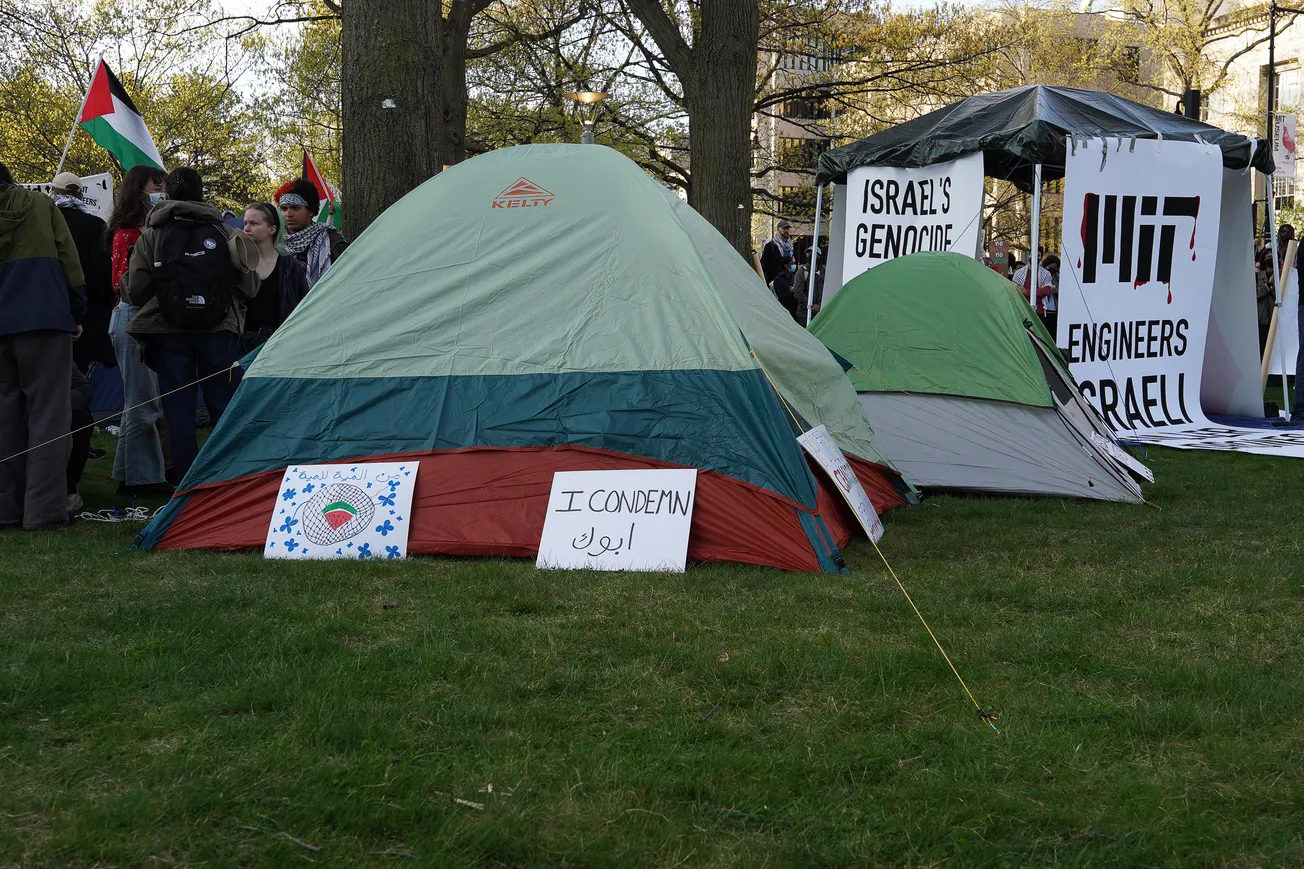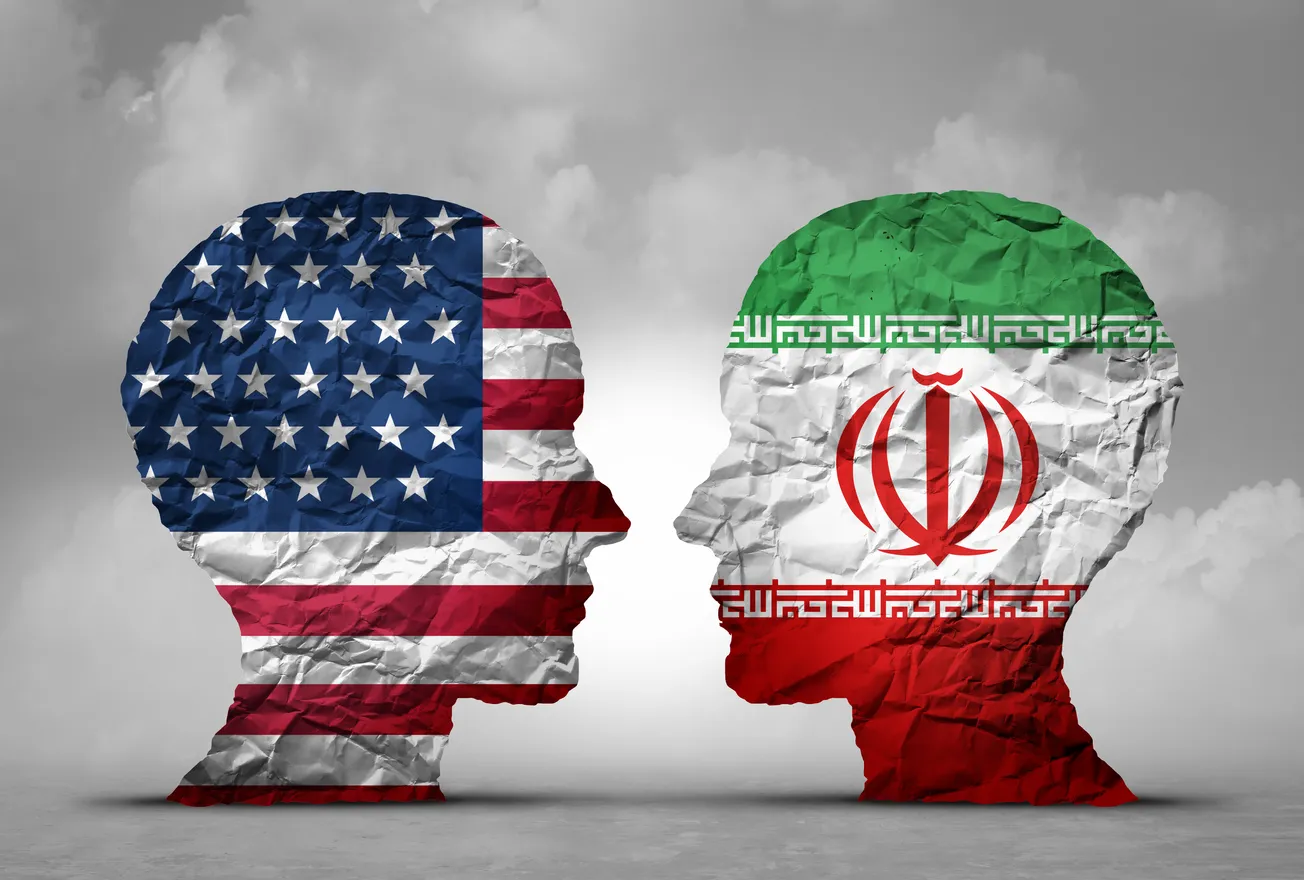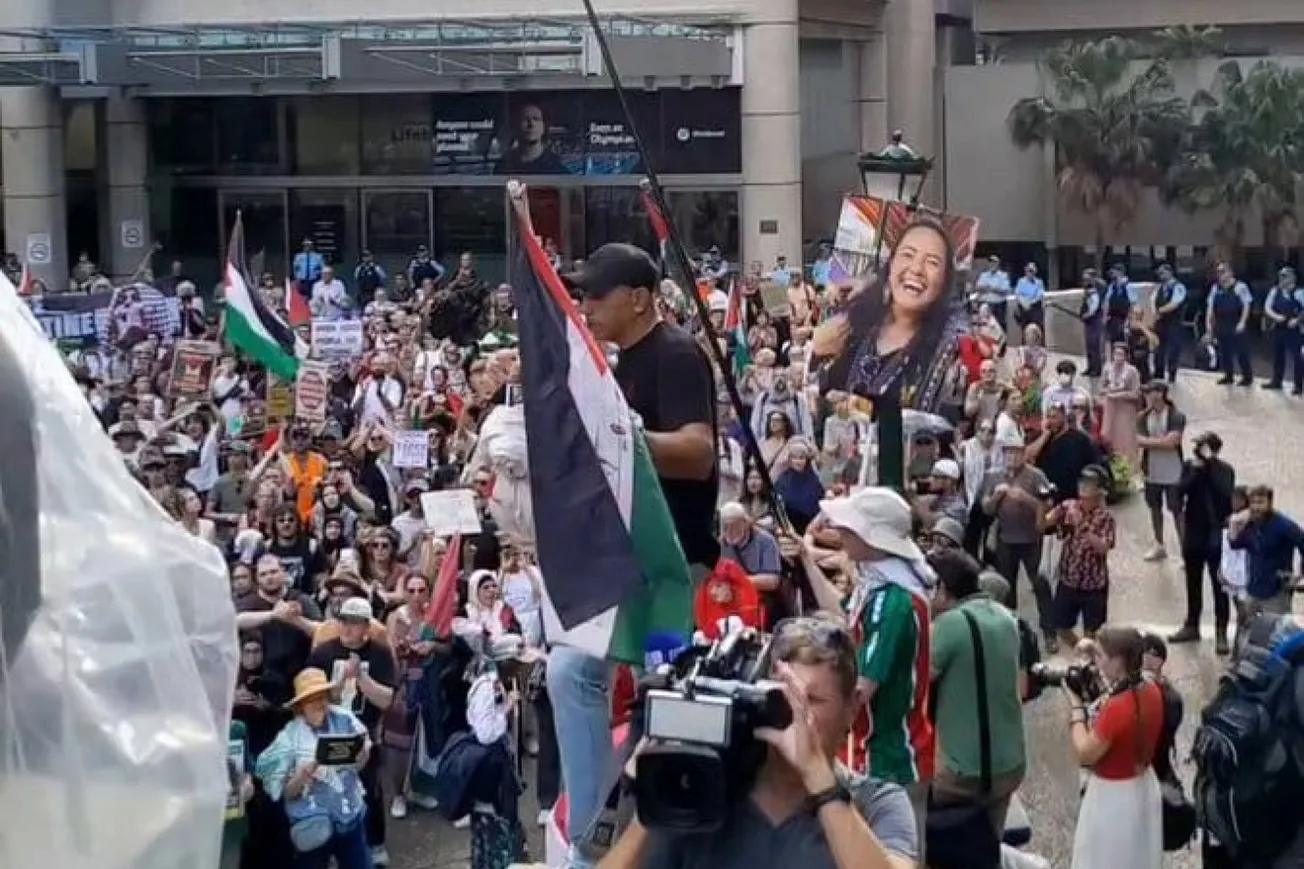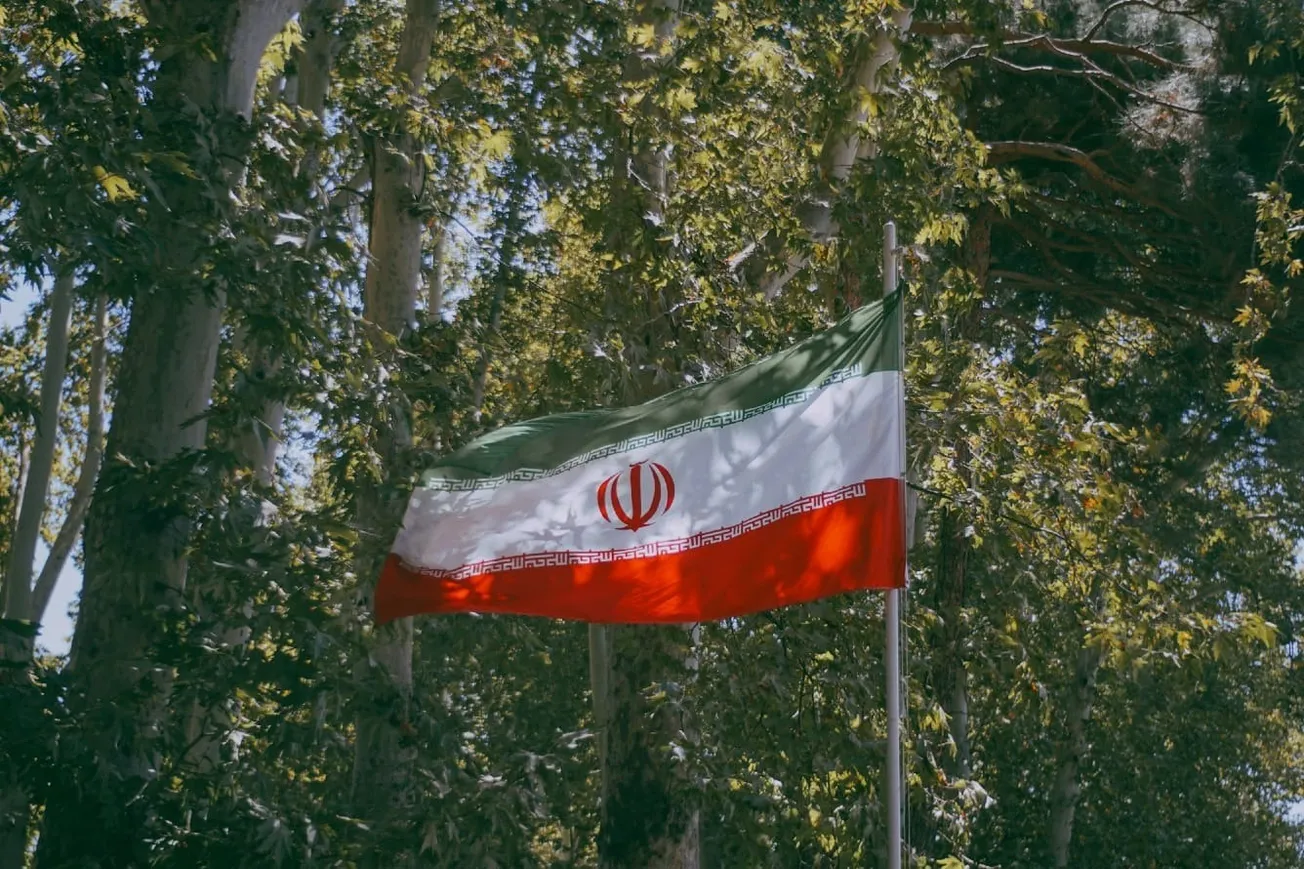This morning at 10:00 AM air-raid sirens sounded throughout Israel, but not due to an attack: today is Israel’s Holocaust Remembrance Day. For a full two minutes, the whole country stood at attention: at work, at home, even traffic halted as drivers stood next to their idling cars. Yet in a cruel irony of historic proportions, Israel’s enemies are trying to convince the world that the Jewish state is guilty of genocide. The truth, as illuminated in part by this week’s TIPP analysis, tells a different story.

This year, Holocaust Remembrance Day takes on a double meaning for Israelis: it is no longer just remembrance, but also a present tense reality, as on October 7, the Hamas terror organization attempted to wipe out Israel. Though Hamas did not succeed in that wider goal, it did carry out the largest murder of Jews in a single day since the Holocaust: including widespread murder, torture and 7th century style beheading. The attackers, including both Hamas and some of Gaza’s civilian population, kidnapped over 240 Israelis, over 130 of whom remain in captivity today: enduring ongoing starvation, torture and rape. Israel’s military campaign in Gaza since that time has been primarily a hostage rescue operation, with the additional goal of dismantling Hamas’s control in Gaza - a change that would greatly benefit Palestinians as well as the entire region.
Meanwhile, in the United States and throughout the world, in scenes starkly reminiscent of the rise of the Nazi Third Reich, violent rioters have taken control of college campuses, barring Jews from attending class by the use of violent force. These same rioters are violently attacking students who dared to protect the American flag, which is also under attack. Said one Jewish professor at Columbia, “This is 1938.”
The core of antisemitism has historically been to identify the Jewish people with whatever is most hated by a particular society. For example, in the Soviet Union Jews were called “greedy capitalists” while paradoxically, some Americans of that era accused Jews of being “dirty communists.” In Nazi Germany, a society obsessed with racial purity, Jews were seen as genetically impure. And today, in a world that focuses on the evils of racism, the Jewish people and the Jewish state stand accused of the worst form of racism: genocide.
According to a TIPP survey, 44% of Americans overall, and 59% of democrats, believe that Israel is committing genocide in Gaza. Since October 7, support for Israel has trended downward, based largely on this erroneous belief. Yet, 44% of Americans also admit that they have no idea how Israel’s military operation compares to other operations in the world, including those conducted by the United States and its allies. Only 5% of Americans are aware of the truth: that the casualties in Gaza are actually much lower than other similar conflicts, including those involving the United States.
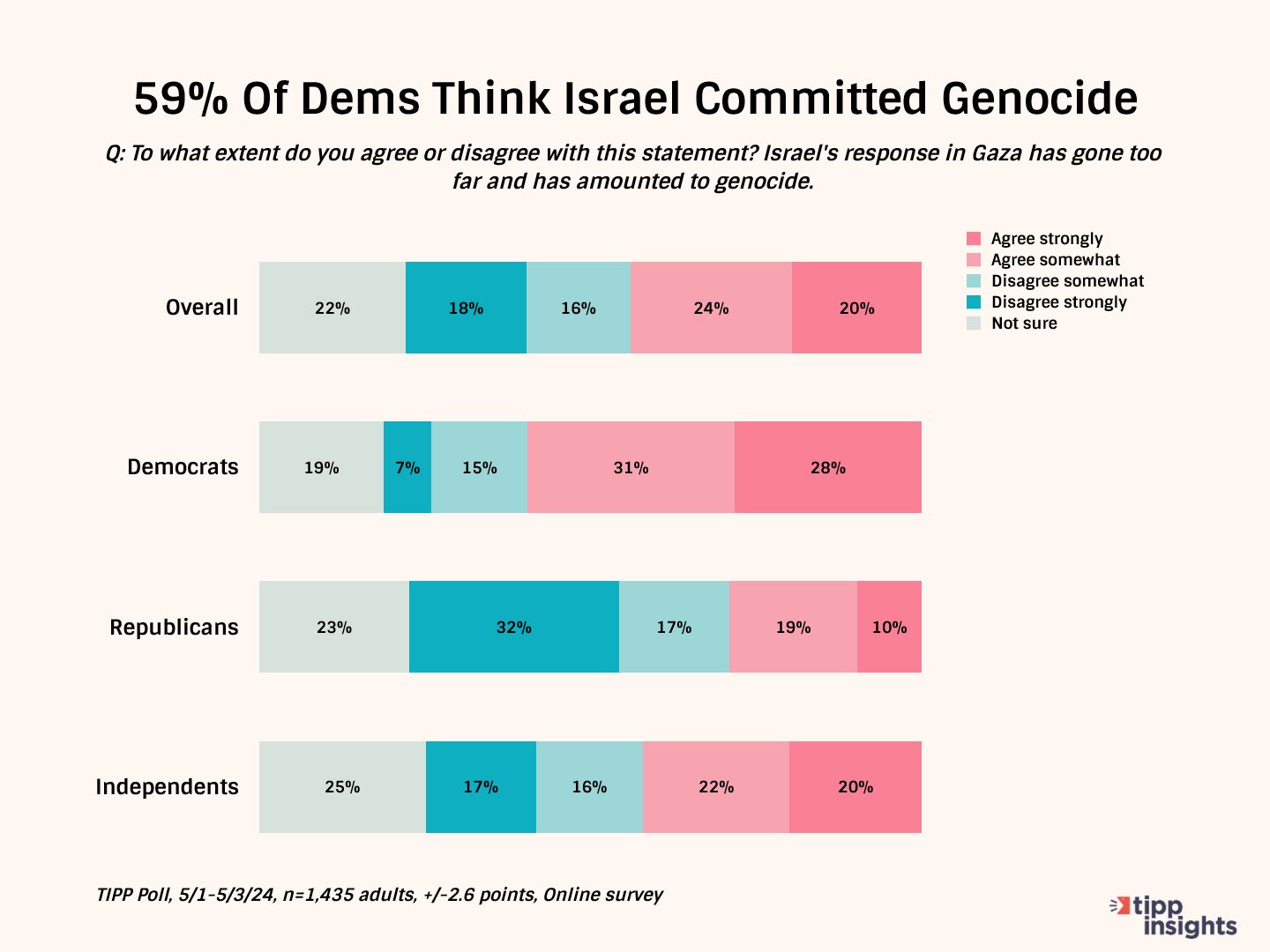
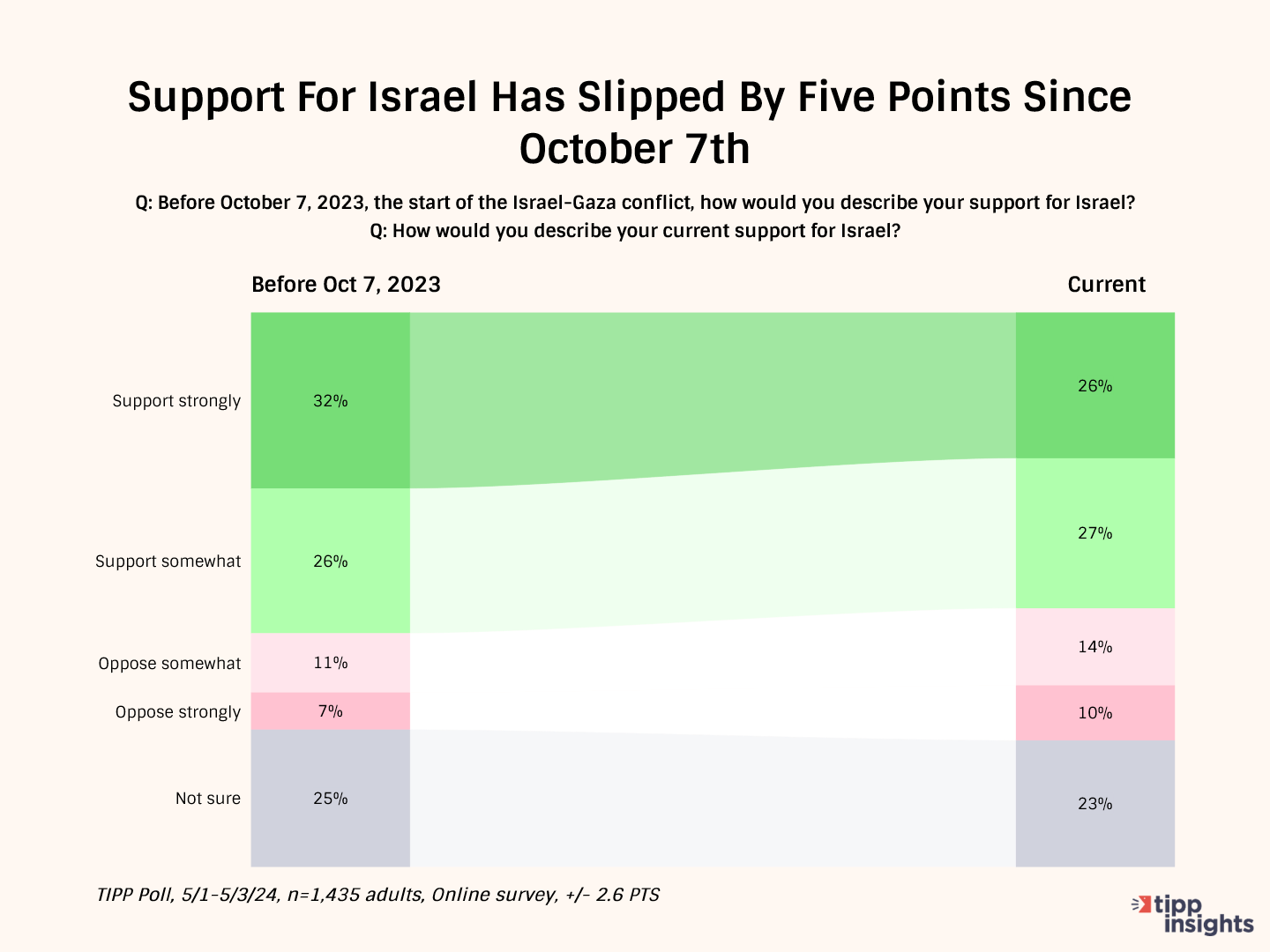
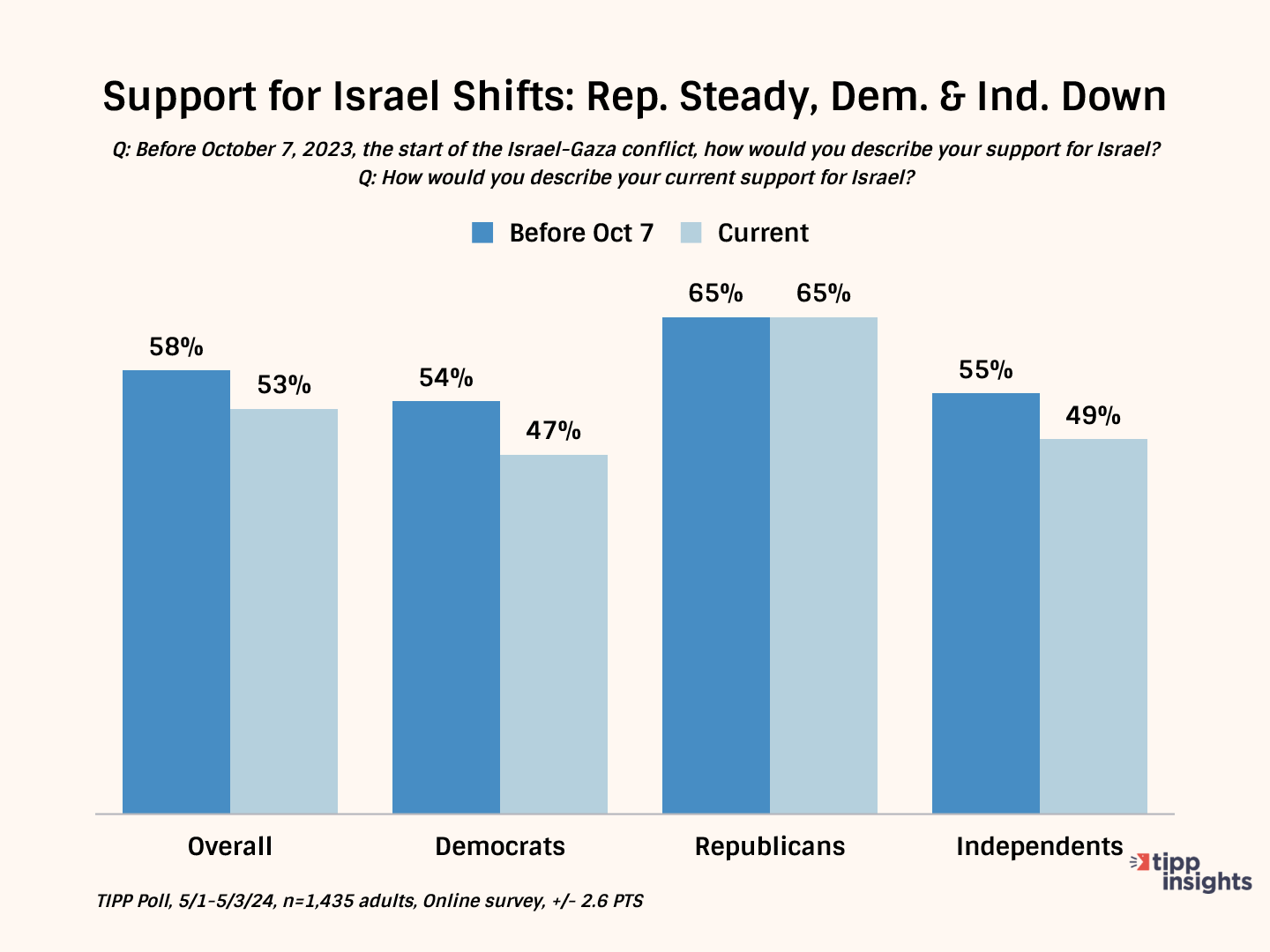
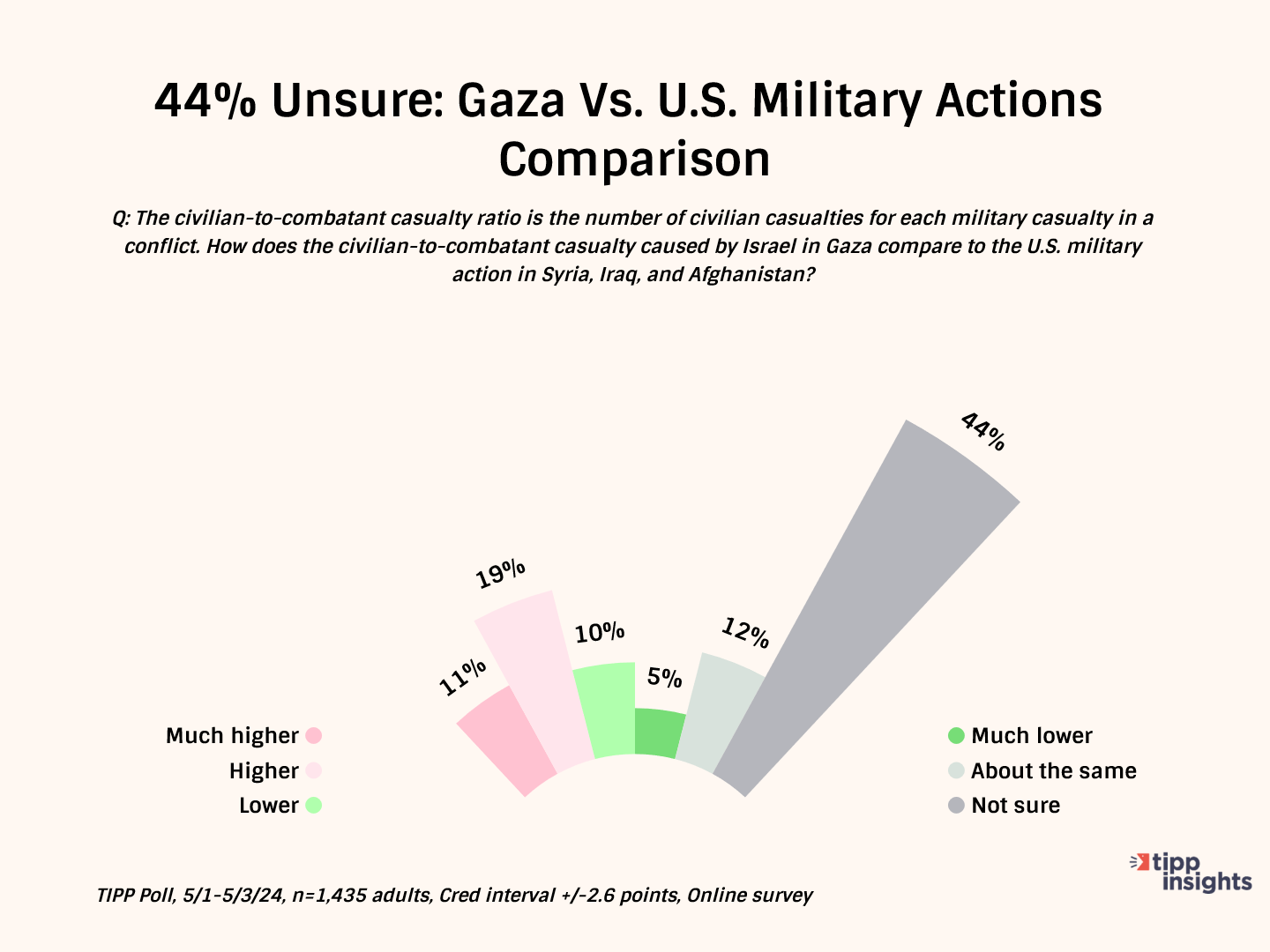
In military and diplomatic circles, one of the most important measures of an army’s caution is the “civilian to combatant casualty ratio.” The power of this ratio is that it mathematically takes into account the scale of the conflict, and thus remains valid across conflicts of all sizes and durations. By this measure, Israel has produced less civilian casualties than in any similar conflict in human history: nine times lower than the United Nations global average, and four to five times lower than numbers produced by the United States in places like Afghanistan and Iraq. From my own interactions with Israeli soldiers, commanders and government officials at every level, I’ve seen firsthand their enormous care for Palestinian civilians, even at risk to Israeli lives: a point of pride and personal integrity, inseparable from the Israeli soul.
Why then, do so many believe the wildly inaccurate genocide claim?
Hamas’s immediate goal is to survive, cling to power, and keep Israeli hostages, while its longer term goal is to use those resources to carry out October 7 style attacks “a second time and a third time and a fourth time.” Though no match for the IDF militarily, Hamas has publicly admitted that it uses civilian casualties and suffering as a tactical weapon.
For example, yesterday Hamas fired on Kerem Shalom, the main transfer point for humanitarian aid from Israel into Gaza: killing four, and temporarily halting the transfer of aid. The terror group has booby trapped much of Gaza’s civilian infrastructure, and has turned many if not all of Gaza’s hospitals into military bases. In short, Hamas intentionally increases civilian suffering and death, in order to leverage public pressure.
A case in point: the Rafah area in Gaza is Hamas’s last stronghold, where it clings to power and is holding most of the remaining Israeli hostages. So far, Hamas has succeeded in delaying Israel’s entry into Rafah, in great part by convincing much of the world that Israel is committing a genocide, rather than a historically cautious, hostage rescue operation.
Groups such as Hamas, China, Russia and Iran are attempting to weaponize our own democracy against us through the use of disinformation. Yet we, the American public, can nullify that tactical weapon and prevail: by distinguishing propaganda from reality, with the aid of clear and reliable data from trusted sources, including sources like TIPP.
Daniel Pomerantz is an expert in international law, an adjunct professor at Reichman and Bar Ilan Universities in Israel, and the CEO of RealityCheck, an nonprofit NGO dedicated to clarifying global conversations with verifiable data. Daniel lives in Tel Aviv, Israel and can be found on Instagram at @realitycheckresearch or at www.RealityCheckResearch.org.

